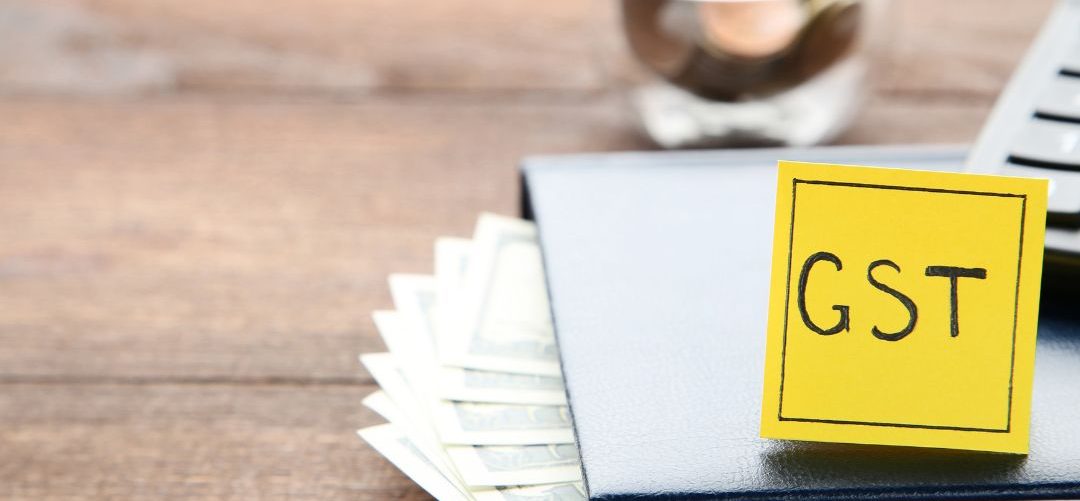Customers will be required to pay 5% GST on pre-packaged, branded food goods such as atta, paneer, and curd, as well as hospital rooms with rents above 5,000 rupees, beginning Monday, according to the GST Council’s decision.
Furthermore, hotel rooms with daily rates of up to $1,000, maps, and charts, including atlases, would be subject to a 12% Goods and Services Tax (GST), while tetra packs and bank fees for cheque issuance will be subject to an 18% GST (loose or in book form).
The GST Council, led by Union Finance Minister Nirmala Sitharaman and comprised of her state equivalents, reduced the exemption list and levied a tax on a wide range of products and services last month.
Based on an interim report from the Group of Ministers (GoM) on rate rationalization, the Council also eliminated duty inversion for commodities where input taxes were greater than output taxes.
To remedy the inverted duty anomaly, tax rates on items such as printing, writing, or drawing ink; knives with cutting blades, paper knives, and pencil sharpeners; LED lights; and drawing and marking out equipment will be raised to 18% on Monday, up from 12% now.
In addition, solar water heaters will now be subject to 12% GST, up from 5% before.
Some services, such as work contracts for roads, bridges, trains, metro, effluent treatment facilities, and crematoriums, would also see a tax increase to 18% from the present 12%.
Furthermore, beginning July 18, taxes on ostomy appliances and ropeway conveyance of goods and persons would be reduced to 5% from 12%.
Renting a truck or goods carriage with gasoline included will now be charged at a reduced rate of 12% instead of 18%.
The GST exemption on air travel to and from the northeastern states and Bagdogra would be limited to economy class only.
Renting a residential home to a commercial entity will be taxed at 18%, as will services supplied by regulators such as the RBI, IRDA, and SEBI.
Bio-medical waste treatment facilities will be subject to 12% GST, while non-ICU hospital rooms over 5,000/day will be subject to 5% GST, with no input tax credit, up to the price invoiced for the room.
Furthermore, persons would be limited to claiming GST exemption for training or coaching in leisure activities related to the arts, culture, or sports.
Furthermore, electric cars, whether or not equipped with a battery pack, will be eligible for the 5% GST exemption beginning in July.
According to AMRG & Associates Senior Partner Rajat Mohan, healthcare services provided by a clinical institution have been tax-neutral under Indian tax regulations for decades.
The government has now notified all such clinical institutions, including hospitals, nursing homes, and sanatoriums, that they would be required to pay tax on gross room rentals exceeding $5,000 per day.
“The notable concern surrounding the amendment is that, because the treatment supplied by medical facilities is a composite supply, separate aspects of the referenced transaction cannot be intentionally vivisected in order to impose additional tax responsibilities. The underlying notification appears to be in violation of Section 8’s need for a single tax on all composite supply transactions “Mr. Mohan said.

